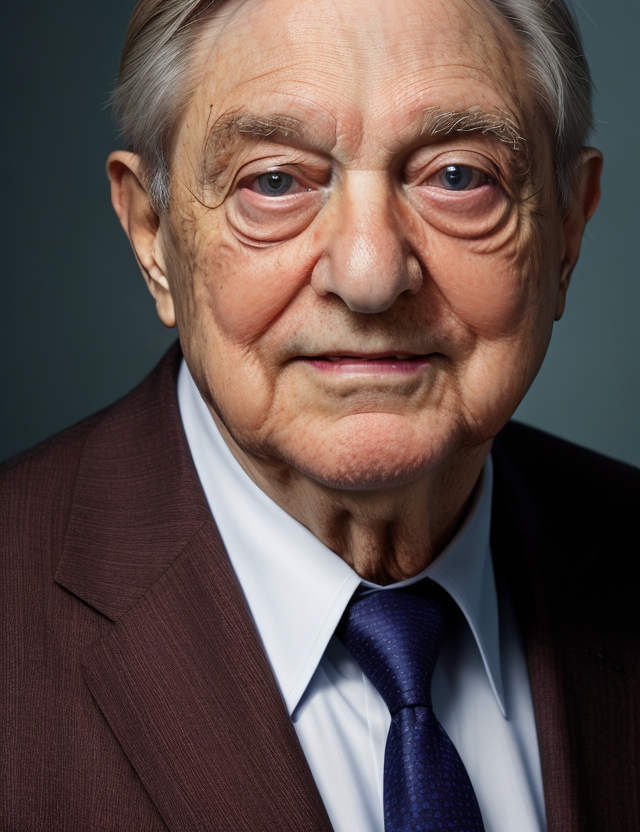- Once upon a time in the vast landscape of global finance and geopolitics, there lived a man named George Soros. At the age of 93, he decided to pass the torch of his empire, the Open Society Foundations (OSF), to his 37-year-old son, Alexander. It was a moment that sent shockwaves through the world. Many wondered if it signaled the beginning of the end for Soros Sr. Little did they know, the drama had just begun.
Under the guise of a “radical shift of strategic direction,” the OSF seemed to be quietly withdrawing from Europe, leaving its liberal supporters in dismay. Reports hinted that the organization would “largely terminate funding within the European Union.” Panic spread like wildfire through Europe’s progressive circles, which had long relied on Soros Sr. as a bulwark against the populist Right. - But, there are always two sides to every story. Some believed the OSF considered its mission in the EU accomplished, freeing it to turn its gaze eastward, to the Balkans and Ukraine. There, it aimed to bolster pro-Western organizations, aid nations on the path to EU accession, and counter Russian influence. Soros Jr. reassured everyone that “the European Union still stands as a global beacon of the values that shape our work.”
However, interpretations varied. Was this strategic shift an acknowledgment of victory or defeat? Had the OSF retreated in the face of the Right-populist wave sweeping across Europe? The answer was far from clear.
As the OSF changed its focus, it also turned its eyes to the United States. Their mission: to prevent the rise of “Maga-style Republicans” like Trump, who sought to reshape America’s role in the world. It seemed that the Soros family was determined not to face defeat in the land of opportunity. - In the midst of this geopolitical chess game, one truth remained evident: the world saw Soros through a binary lens. Either he was a champion of liberal democracy, human rights, and pluralism, or he was a sinister puppet master orchestrating global domination. There was little room for nuance.
Attempts to critique Soros often met accusations of antisemitism. While there were those who indeed harbored hatred due to his Jewish heritage, it had become taboo to raise legitimate concerns about his influence. Even claims that Soros wielded power in Hungary led to controversy and confusion. - Soros’s philanthropic empire extended its reach across the globe, supporting a multitude of causes. While some causes were noble, the real question lay in whether a single individual should wield such power to shape entire nations’ cultures and politics. Many believed it was not acceptable in democratic societies.
The backlash against Soros grew, particularly in Hungary, where the government accused him of encouraging migration and undermining national culture. The OSF and the Central European University were forced to leave, further fueling the controversy. - However, the conspiracy theories surrounding Soros only flourished because legitimate criticisms were stifled. His empire, much like those of the past, represented the dark side of unrestrained capitalism and the power it bestowed upon a select few.
Whether Soros believed in his causes or pursued material interests was a matter of debate. What remained clear was that philanthropy, when it exerted such vast influence, was intrinsically anti-democratic. The pushback against “Sorosism” was, in essence, a democratic reaction from those who felt disenfranchised by global elites.
In conclusion, the story of George Soros and his empire serves as a cautionary tale for our interconnected world. It reminds us that unchecked power, whether in the hands of an individual or an institution, can have far-reaching consequences. As we navigate the complex landscape of geopolitics and finance, we must seek a balance between philanthropy and democracy, ensuring that the voices of many shape our shared future.

Leave a Reply